The Farm Bill has included conservation programs since its beginning, as the first Farm Bill was a legislative solution to the unsound agricultural practices that resulted in the Dust Bowl. The USDA – Natural Resource Conservation Service (NRCS) oversees much of the Farm Bill’s current conservation programming, with a few programs administered by the Farm Service Administration (FSA).
What does conservation look like in Indian Country, and why is it important?
Lands across Indian Country suffer from lack of conservation. This is due to a few reasons, including programs not fitting the unique needs of Tribal agriculture lands.
This is a living resource, and IFAI will update as new information arises.

Marker Bills Regarding Conservation
Senate
S. 2077- The Acequia Communities Empowered by Qualifying Upgrades for Infrastructure Act
This bill ensures that Tribal producers who rely on acequia systems have access to drought protections. The bill also removes special use permit requirements for routine maintenance and minor improvements of acequias.
S. 231- Emergency Conservation Program Improvement Act of 2023
This bill amends the Agricultural Credit Act of 1978 to remove barriers to agricultural producers in accessing funds to carry out emergency measures under the emergency conservation program.
This bill makes composting a conservation practice and activity for purposes of Department of Agriculture (USDA) conservation programs. The bill also requires USDA to establish a competitive program to award grants and loan guarantees for projects that expand access to food waste composting.
S.697, Treating Tribes and Counties as Good Neighbors Act
This bill revises the Good Neighbor Authority program to modify the treatment of revenue from timber sale contracts under good neighbor agreements with the Department of Agriculture (USDA) and the Department of the Interior. (The Good Neighbor Authority permits USDA and Interior to enter into cooperative agreements or contracts with states, counties, and Indian tribes to perform forest, rangeland, and watershed restoration services on federal land managed by the Forest Service or the Bureau of Land Management.)
S.2023, Seeds and Breeds of the Future Act
Incorporate key language from the Native American Seeds Protection Act of 2019 and the Seeds and Breeds of the Future Act to require Tribal consultation and engagement with Tribal institutions regarding the protection of seeds and other related activities.
S.1998, Tribal Conservation Priorities Inclusion Act
By amending the definition of “Priority Resource Concerns” to include Tribes, Indian Country’s natural resource needs will more adequately apply NRCS funding.
House
This bill makes composting a conservation practice and activity for purposes of Department of Agriculture (USDA) conservation programs. The bill also requires USDA to establish a competitive program to award grants and loan guarantees for projects that expand access to food waste composting.
This bill directs the National Agricultural Statistics Service of the Department of Agriculture to carry out a study and make recommendations regarding conservation practices on leased agricultural land.The study must (1) address issues such as participation in conservation programs and barriers to adopting conservation practices; and (2) be carried out with particular consideration of farmers and ranchers who are people of color, including Black and indigenous farmers and ranchers, and beginning farmers and ranchers.
H.R. 1840- The Agriculture Resilience Act of 2023

